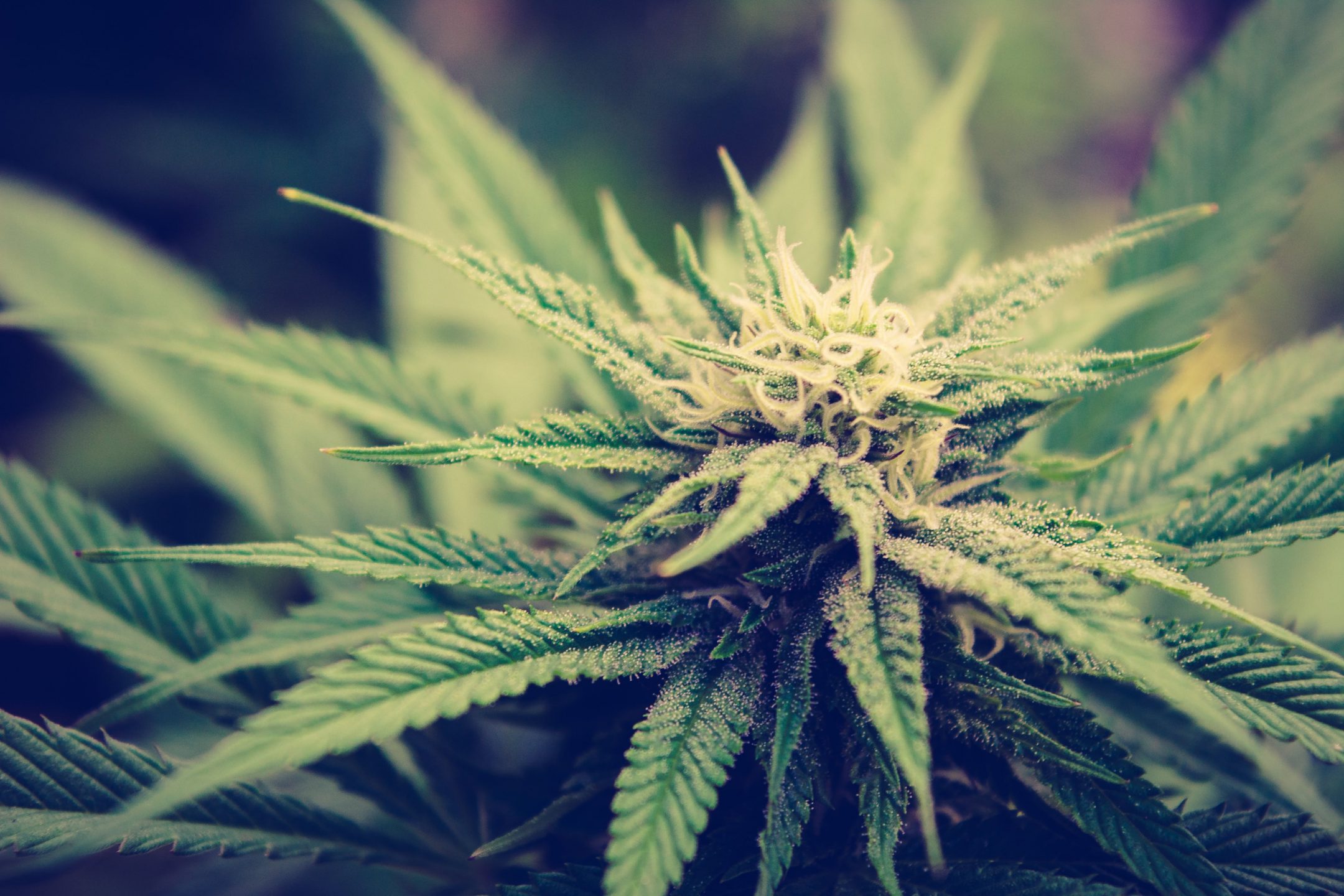The Canadian government is expected to legalize cannabis this summer. Alberta has passed legislation that will meet that deadline by setting out rules and guidelines for how cannabis will be sold and consumed within the Province.
Alberta has set the minimum age for the purchase and consumption of cannabis at 18. Those that are of this legal age will be able to purchase cannabis products from retailers that will receive their products from the Alberta Gaming and Liquor Commission (“AGLC”).
This distribution system will be similar to the system currently in place for alcohol in Alberta. Only licensed retail establishments will be allowed to sell cannabis under strict regulations and the AGLC will operate online sales. Furthermore, in an effort to safeguard children and limit second-hand exposure, public smoking or vaping of cannabis will be restricted to individuals’ homes or public spaces where smoking tobacco is allowed. In Alberta, the consumption of cannabis will be banned in all motor vehicles.
With the legalization of cannabis approaching, the Injury Prevention Centre (“IPC”), an Alberta Health funded organization, recently released a report stating that Albertans can expect an increase in cannabis-related injuries, including traffic fatalities, child poisonings and burns, once legalization takes place.
The IPC reviewed injury rates in various American jurisdictions where cannabis has been legalized and provided several recommendations on reducing the rate of marijuana-related injuries.
PREVENTING CANNABIS-IMPAIRED DRIVING
Research has shown that Colorado and Washington, the first two states in which marijuana was legalized, have experienced increases of approximately 9% for drivers testing positive for cannabis and/or alcohol and drugs in comparison to pre-legalization. Fatalities have increased from 49 to 94 in Colorado and from 40 to 85 in Washington, suggesting that more individuals are driving while impaired by cannabis.
The IPC proposed various recommendations to prevent cannabis-impaired driving, including:
- Imposing administrative sanctions at a lower limit than Criminal Code impairment;
- Imposing zero tolerance for THC for Graduated Drivers Licence drivers;
- Increasing sanctions for individuals impaired by simultaneous use of alcohol and cannabis;
- Separating cannabis and alcohol retail outlets;
- Supporting research to improve enforcement tools;
- Applying sufficient resources to training and enforcement; and
- Conducting public education regarding cannabis-impaired driving.
PREVENTING INGESTION OF CANNABIS BY CHILDREN
Research has shown that in Colorado unintentional exposure to cannabis by children 9 years of age and younger had increased more than five times following the legalization of cannabis (which in that state took place in 2012).
Almost half of all cases (48%) involved infused edible products such as cookies, brownies, cake and candies. These numbers suggest that children in Alberta are at risk of unintentional ingestion of cannabis following legalization this summer.
The IPC provided the following recommendations to prevent the unintentional ingestion of cannabis by children, including:
- Encouraging the Federal Government to implement packaging restrictions and institute them at a provincial level;
- Mandating warning signs in retail outlets regarding safe and proper storage of cannabis to prevent child poisoning; and
- Conducting public education on cannabis poisoning.
PREVENTING BURNS DUE TO COMBUSTIBLE SOLVENT HASH OIL EXTRACTION
Following the approval of medicinal marijuana, Colorado started to endure incidents of hydrocarbon burns due to the extraction of hash oil from cannabis. These incidents continued to increase in number following the legalization of recreational cannabis. These burns result from explosions and fires and many caused injuries to the upper extremity, neck and head.
The IPC proposed the following recommendations to prevent burns due to the extraction of hash oil from cannabis, including:
- Prohibiting the production of cannabis products using combustible solvents; and
- Conducting public education regarding the dangers of producing cannabis products using combustible solvents.
PREVENTING OTHER INJURIES DUE TO CANNABIS-IMPAIRMENT
Cannabis is known to cause impairments in reaction time, information processing, motor co-ordination, motor performance, attention and tracking behaviour.
Research in jurisdictions which have legalized recreational use of cannabis shows that young adults are both the most active participants in high risk sports and the largest users of cannabis products. If these individuals participate in risky pursuits while under the influence of cannabis it is likely that the impairment of their abilities will result in increased rates of injury.
Therefore, the IPC recommends public education about the dangers associated with certain higher risk activities while impaired and information about the increased perils should also be shared with organizations providing activities that may put participants in jeopardy.
If you or a loved one have been injured in an accident causing serious harm, we can help. At Cuming & Gillespie LLP, we have the dedication and experience to help injured people. For a free initial consultation with one of Calgary’s award winning personal injury lawyers, please contact our office online or at 403-571-0555 today.

